Russian Analytical Digest (RAD)
The Russian Analytical Digest (RAD) analyzes recent events, trends and developments within contemporary Russian politics, economics and business, foreign policy, security and society.
ABOUT
Russian Analytical Digest (RAD)
Each issue of the Russian Analytical Digest contains original academic and policy-relevant research articles by authors from across the globe, along with topical statistical data, graphics, and opinion polls.
The series is produced by a partner network that includes the Center for Security Studies (CSS) at the Swiss Federal Institute of Technology in Zurich; the Research Centre for East European Studies (FSO) at the University of Bremen; the Institute for European, Russian, and Eurasian Studies (IERES) at The George Washington University; the Center for Eastern European Studies (CEES) at the University of Zurich; and the German Association for East European Studies (DGO).
WHAT WE DO
Read RAD latest issues
This issue examines the current state and future prospects of establishing links between the Russian opposition in exile, their host environments, and other political actors. Host countries play a crucial role in transforming Russian activists’ exile into a source of empowerment. Despite the eagerness of opposition communities to engage with diverse audiences and form alliances to combat authoritarianism in Russia, these efforts often face significant challenges. A key obstacle appears to be the lack of an institutional framework that would facilitate the cooperation of the exiled Russian opposition with potential allies and broader political structures.
This issue focuses on the internal heterogeneity of the Russian opposition in exile, which remains geographically dispersed and ideologically fragmented. Specifically, the articles reveal that while opposition actors and groups often share anti-war and anti-Putin convictions, they have divergent visions of Russia's future, as well as distinct methods and tools for realizing these visions. Some political actors prioritize democratization within activist communities, while others are less inclined to contest such autocratic tendencies. The opposition in exile also faces significant challenges in bridging intergenerational divides and ensuring an equitable distribution of work and recognition among activists of all genders.
Subcribe to our newsletter
You will receive our biweekly newsletter with the most relevant Russia-related research news

